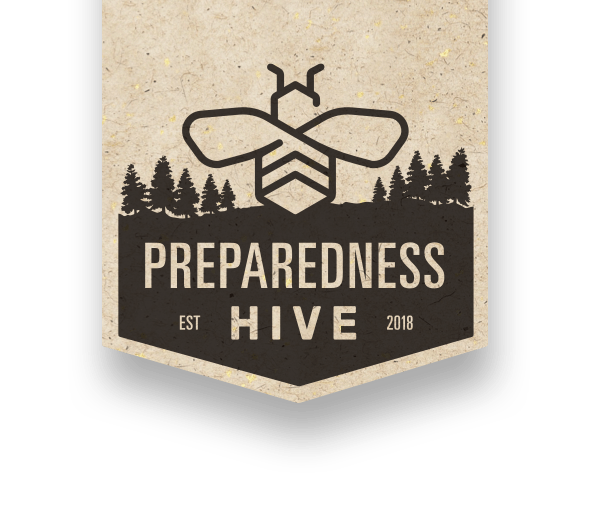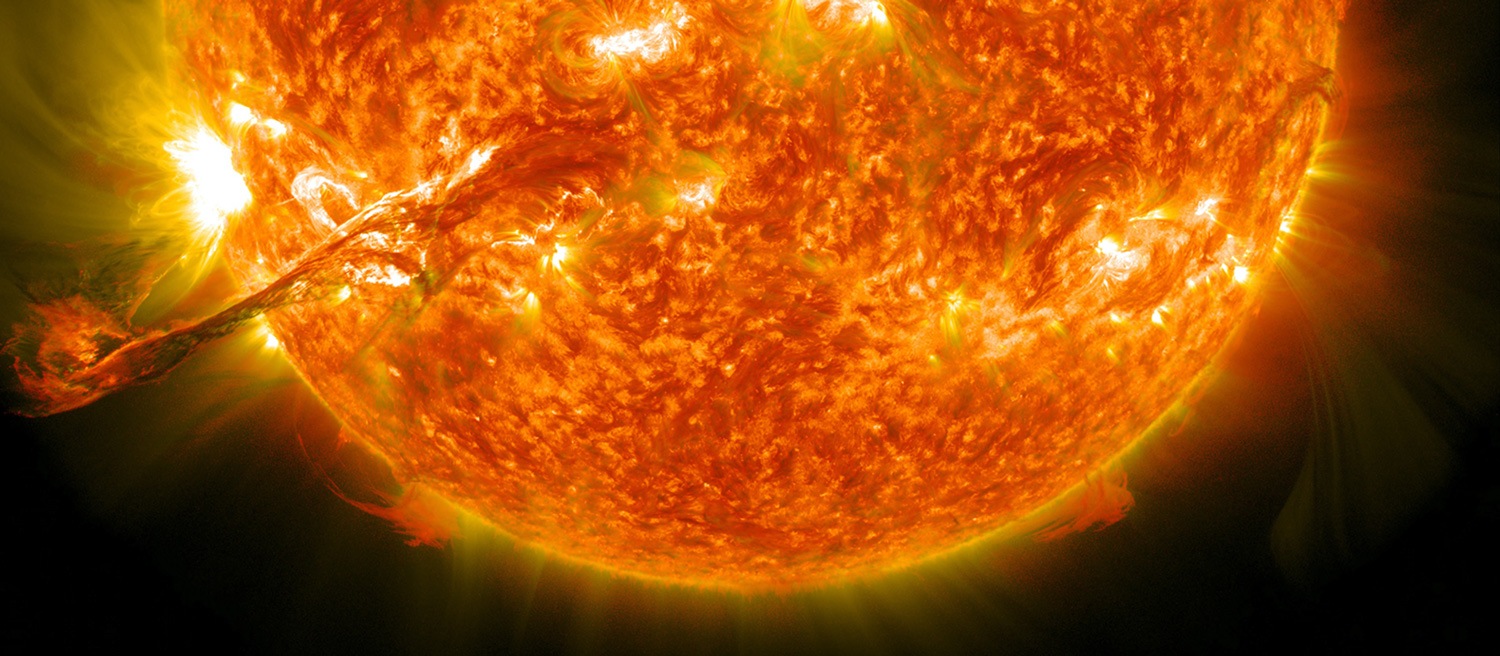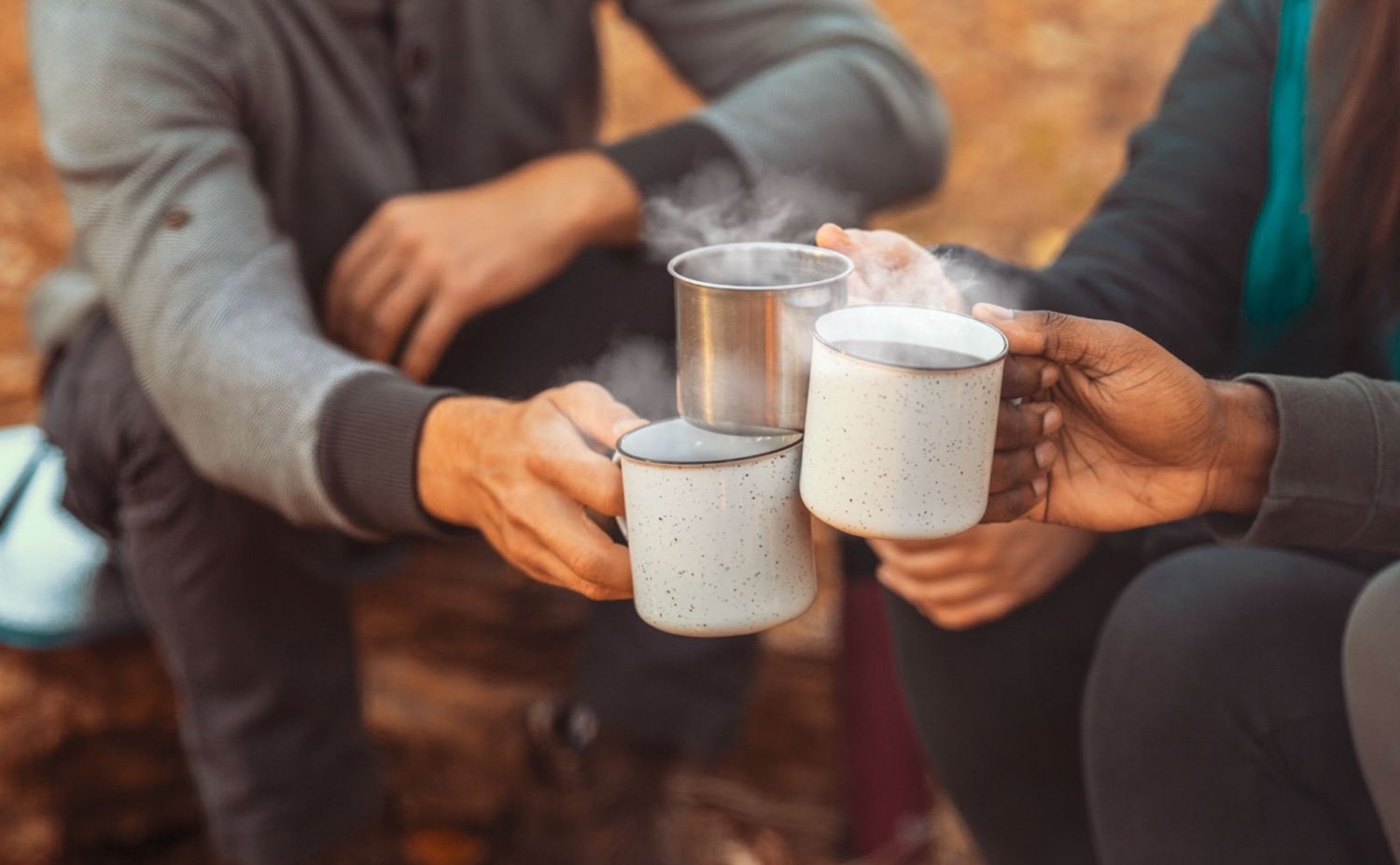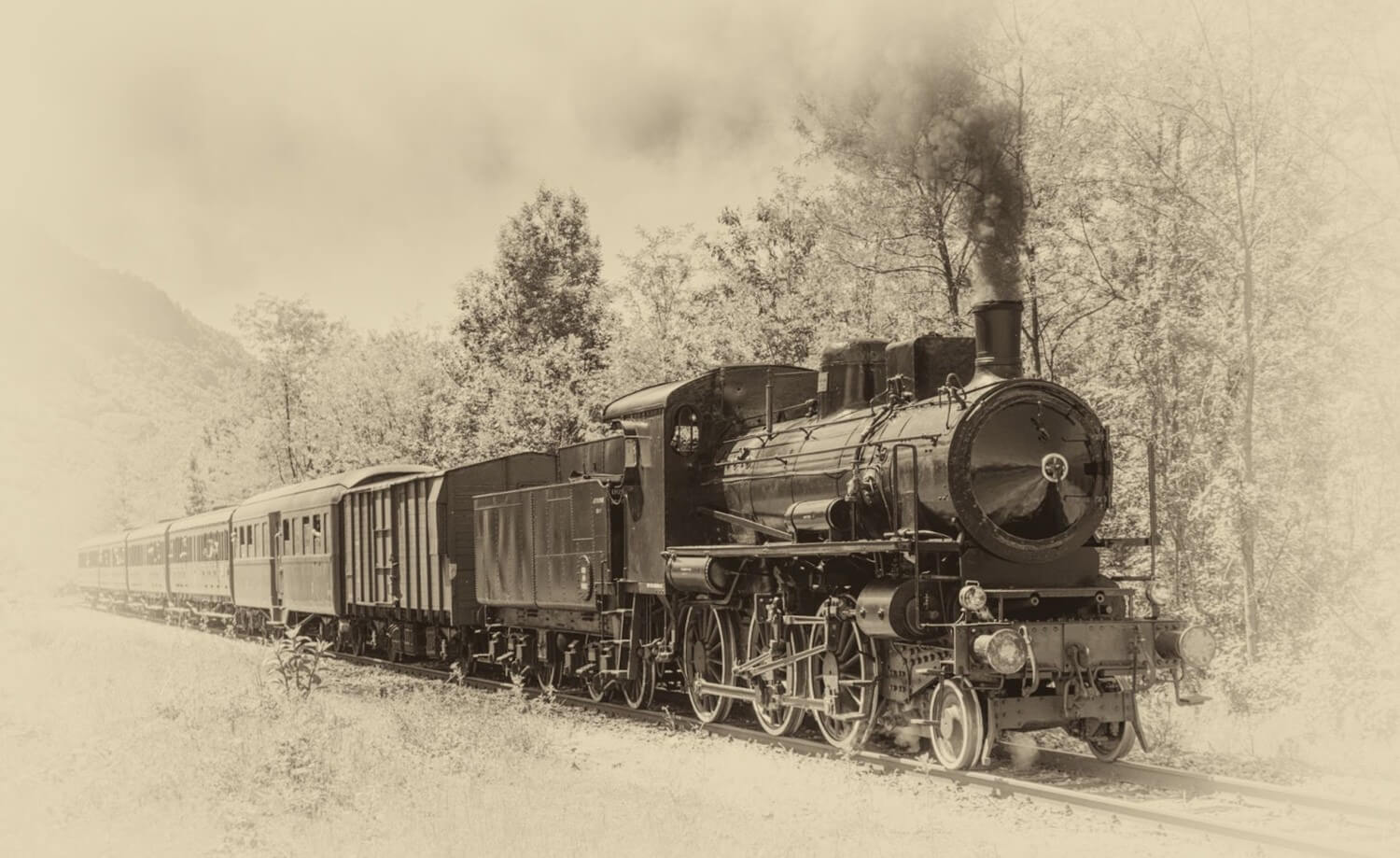Preparedness Knowledge
- The Five Golden Rules of Preparedness
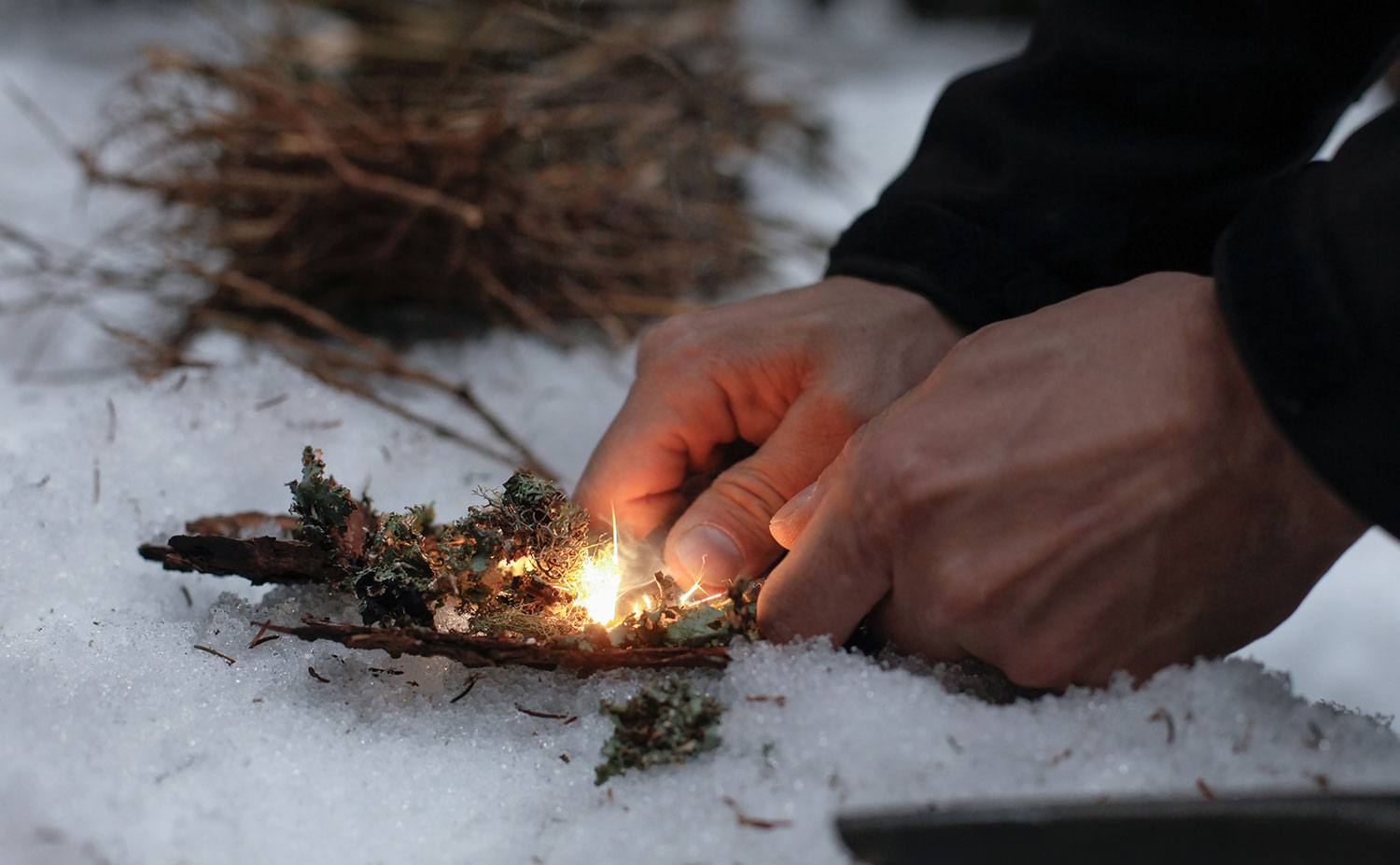
Preparedness comes in many shapes and forms. From mindset, skills, and supplies to threat assessments, planning and community, it can be difficult to decide where to spend your time and hard-earned money. While there’s no one-size-fits-all answer to this, there are a few rules to keep in mind to help you prepare in a worthwhile manner. You can break these rules as much as you want of course. Just a heads up though, you will be the only one who suffers the consequences.

Don’t talk about prepping. We’ve all seen Fight Club… the same rule applies here. Don’t talk about your preparedness, supplies, plans or anything with anyone other than those you trust unconditionally. This should only include your immediate family and those you’re wanting to include in your MAG (Mutual Assistance Group). This isn’t to say that you can’t help others with their preparedness journey, just be cautious about what you share. It is absolutely ok to encourage others and help them to understand the importance of being prepared, but you do not have to share anything specific about what your plans are, the supplies you may have, where they are, etc. Just use common sense and don’t brag or boast about your specifics.

Two is one and one is none. I can’t begin to tell you how much this rule has come into play throughout my journey. You will learn to live by this rule, specifically with regards to your supplies and gear. This is not a free pass to start hoarding things, but more a shift in how you might think about any/all items you use on a regular basis. Think creatively about what you may have on hand… can some items be repurposed for something other than their intended use and become a backup? Consider the difficulty of acquiring each item now as well. If you need a particular item during a major disaster, let alone a societal collapse, and it happens to fail or stop working, the chances of you finding a spare are slim to none. Not to mention the fact that you now have to leave the potential safety of your home or bug out location to go get one. Whenever you can, make sure to acquire two of each item, especially those that are vitally important to human life and/or may be less common or somewhat difficult to get even now. Check out our curated list of essentials here!

Knowledge and experience are your greatest assets. While having all the necessary supplies is very important, knowing what to do with them is absolute. The more skills you can learn, and knowledge you can gain around all things preparedness, the more strength you’ll have if/when the time comes to put everything to use. Don’t be the all-buy-and-no-try guy or gal! Give yourself time to practice using each item. We recommend at least a couple of hours per week if you can manage it. It can be fun to include the family as well – start a small garden or take everyone camping, you’ll be surprised how many different skills you can learn just from those two alone. The more you can actually experience using items and practicing skills, the more natural it will feel if/when you need to use them. It will also make you much more valuable to potential communities and other families should you have to take shelter outside your home or bug out location at any point.

There’s no shortcut for hard work. There is no room for laziness. Period. Ask this question of yourself with everything you set into motion, “Am I just doing this to get it done, or am I doing it as it should be done.” Find your inner craftsman, and do what it takes to skip the shortcuts unless it’s absolutely necessary. I’m not saying to be a perfectionist, but simply to pay attention to the details. Why? Two reasons:
- The more in tune you are with the task at hand, the better the end result and the more fun you’ll have doing it. Take pride in your work and have integrity in what you set out to accomplish.
- It’s a great way to continually practice situational awareness (SA). From my experience, SA is all about one’s ability to pay attention in a given situation, take notice of the details and act or react accordingly. These skills can be honed over time with consistent hard work and attention to detail in those tasks that fall within your day-to-day life.
Very little in life comes our way without a cost, and becoming prepared is no exception. It must be earned. Practiced. And while no amount of practice will make you truly perfect at anything, it will bring progress. Don’t half-ass anything… it’ll only bite you in the other cheek later 😉

Preparedness is a lifestyle, not just a hobby. This may be the last of the five rules, but it is no way the least important. Being prepared is not just buying stuff and sitting on it, and it’s certainly not something to just do in your spare time. If you’re going to have any chance of living through a major disaster or SHTF event, you have to make preparedness a fully integrated part of your lifestyle, not just a hobby. Occasional prepping, or dabbling here and there just isn’t going to cut it when push comes to shove. You may survive a little longer than others, but the odds are against you. They’re against us all. I know that sounds daunting, maybe even overwhelming enough to stop you in your tracks, but so would being in a SHTF situation… think of it as practice. Is something likely to happen tomorrow? No. Could it happen tomorrow? Yes. So, having a half-assed plan, little knowledge and disorganized supplies and storage is pretty much worthless if you want to be able to react as needed when the time comes. The good news though, you don’t have to feel rushed to accomplish everything by tomorrow. You’re likely feeling a lot of pressure in jamming as much in as you can each day, thinking disaster may strike at any minute, or maybe you’re already currently in the middle of one (like the COVID-19 pandemic for instance). Regardless, I would encourage you to take a step back and be realistic with yourself. As with any change in life, subtle shifts over time will bring you the best results. Replace one habit with another, one at a time.
Let’s dive into just what a preparedness lifestyle is, at least from my experience. Each person will have a unique pairing between preparedness and lifestyle, as we each carry a different set of circumstances based on our preferences, goals, environment and so on. The preparedness aspect will require adaptability and diligence. For the most part, it’s a mindset that puts you in a place of awareness with a more natural ability of being action-oriented rather than just reacting to whatever unfolds in front of you. In a sense, it’s the art of creating a life that you want versus having life just “happen” to you. The more you can be aware of your surroundings, as well as what may be required to make the most of a given situation, the easier it is to stay ahead of any potential disasters. Being prepared goes hand in hand with your ability to understand and adapt to what each and every situation is asking for; what potential outcomes are most likely to happen; and what the people around you are going to do, or not do in some cases. And while preparedness certainly includes tangible items like food, water + filtration/purification, tools, gear, etc., these will never be as important as your mindset, or the many skill sets you will learn over time. Anything outside of your physical being should be considered temporary, in one way or another. The mindset you develop and the skills you learn will stay with you for as long as you’re alive, no matter where you are or whom you’re with.
The lifestyle aspect, of course, will be different for everyone. There’s no right or wrong way to live; to each their own. I stand by the motto of doing pretty much anything my heart desires, as long as it doesn’t infringe on someone else’s life, liberty or pursuit of happiness. We all have had different upbringings, and thus we all have different perspectives on what feels “right” moment to moment. Whether they’re passed down through traditions, one of many religious viewpoints out there today, or even just learned behaviors, most people at least consider others when it comes to their actions. Hopefully you live your life with purpose behind those actions, and don’t just do things because “it’s the way things have always been done.” Challenge the status quo sometimes, and if you want to make the most of this guide, step outside your comfort zone whenever possible. Don’t be afraid to try new things and push your boundaries a little. Every moment of uncomfortability will begin reprogramming your mind to be more accustomed to future, similar circumstances, and ultimately more comfortable with change and uncertainty.
In a preparedness lifestyle, there is one thread that stays true across the board: Preparedness will almost ALWAYS be at the forefront of your thoughts and actions. Sound a little crazy, or obsessive even? I assure you that’s not the case. It’s a prudence mindset at the core, NOT fear-based. You’re not ruled nor consumed by this mindset, but rather paying attention to complacency in the world around you. It will become second nature to be hyper-aware of your surroundings, and to be confident in your decisions. The most important aspect to remember though, is that you must BE PRESENT everyday, and not living in one of the many potential futures you’re planning for. This is very difficult to balance, especially early on in one’s preparedness journey. Your life will pass you by if you don’t LIVE today and PREPARE for tomorrow.
